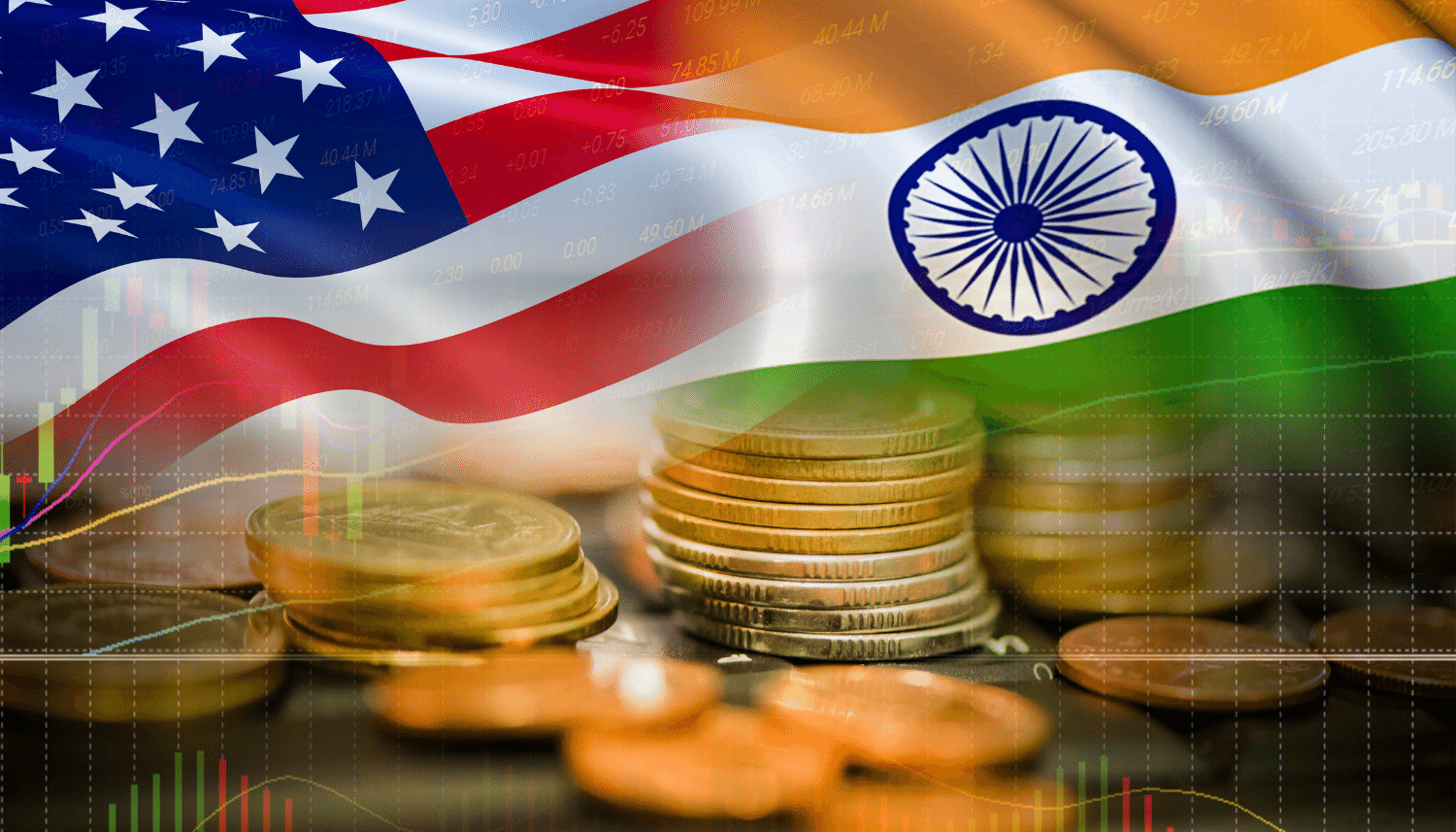您想继续阅读英文文章还
是切换到中文?
是切换到中文?

THINK ALUMINIUM THINK AL CIRCLE

Karnataka’s aluminium extrusion sector, once a steady contributor to India’s industrial ecosystem, is facing its toughest test in decades. A convergence of global trade shocks, inclusive of but not limited to the 50 per cent tariff imposed by the United States under President Trump, along with a steady influx of cheap Chinese imports, has left extrusion units in the state squeezed from both ends.

Image source: https://rupiko.in/
For an industry heavily dependent on exports and sensitive to cost fluctuations, the impact has been immediate and severe. India exported nearly 200,000 tonnes of aluminium to the US in FY2024, valued at USD 894 million. Among the cumulative volumes, India’s downstream export volume to the US accounted for 84,850 tonnes. It inflated from 53,633 tonnes in 2020 (a 31 per cent increase in five years).
The sudden tariff escalation this year has rendered those shipments largely unviable, forcing producers to scramble for new markets. According to industry executives, exports to the US are expected to drop by more than 40 per cent in 2025, a contraction that reverberates across extrusion clusters in Karnataka.
Global crisis leads to local fallout
The policy shock comes at a delicate time. India’s overall aluminium exports declined 19 per cent year-on-year in FY2025, slipping to 2.24 million tonnes, reflecting both weaker international demand and tariff barriers. Karnataka’s extrusion industry, which feeds into automotive, construction, and electronics supply chains, has been hit doubly hard, losing US market access while simultaneously battling an influx of underpriced imports from China.
…and so much more!
SIGN UP / LOGINResponses








